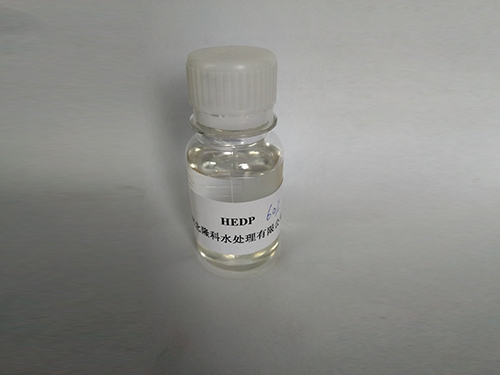water scale inhibitor
Water Scale Inhibitors An Essential Component for Sustainable Water Management
Water is a vital resource, essential for life, industrial processes, and agricultural practices
. However, one of the significant challenges faced by water systems, particularly in industrial and utility settings, is the formation of scale. Scale formation, primarily due to the precipitation of calcium carbonate and other minerals, can lead to severe operational issues, increased energy consumption, and costly maintenance. This is where water scale inhibitors come into play.Water scale inhibitors are chemical substances that help prevent the precipitation of scale-forming minerals in water systems. By altering the physicochemical properties of the water, these inhibitors modify the way mineral particles behave, thereby preventing them from aggregating and forming solid deposits. Common scale inhibitors include phosphonates, polycarboxylates, and various organic compounds, each working through different mechanisms to ensure that water systems remain efficient and free from blockages.
One of the primary mechanisms of action of scale inhibitors is chelation. Chelating agents bind to divalent and trivalent metal ions commonly responsible for scale formation. By binding these ions, chelating agents prevent them from participating in precipitation reactions, thus maintaining higher solubility and delaying or eliminating scale deposition. This is particularly effective in high-temperature and high-pressure environments, where scaling can occur rapidly.
In addition to chelation, many scale inhibitors function through threshold effects, wherein they inhibit the growth of scale crystals at concentrations that would otherwise be ineffective. This means that even small amounts of scale inhibitors can significantly enhance the operational efficiency of water systems. By preventing the onset of crystallization, these inhibitors can reduce maintenance costs, prolong equipment lifespan, and enhance energy efficiency.
water scale inhibitor

The application of water scale inhibitors spans numerous industries, including power generation, oil and gas, and water treatment. In cooling towers, for instance, scale buildup can significantly decrease heat transfer efficiency, leading to higher energy costs and increased wear and tear on equipment. By incorporating scale inhibitors into the water treatment process, plant operators can ensure that cooling systems run optimally, reducing the risk of costly downtime.
Moreover, the use of scale inhibitors contributes to sustainable water management practices. With increasing pressures on freshwater resources due to climate change and population growth, industries must adopt technologies that minimize water waste and enhance efficiency. By preventing scale formation, these inhibitors ensure that water cycles can be reused, thus conserving this precious resource.
Choosing the right scale inhibitor requires careful consideration, as the effectiveness of each type can vary based on water chemistry, temperature, and operational conditions. It is crucial for industries to conduct thorough assessments and trials to determine the most suitable inhibitor for their specific needs. Furthermore, ongoing monitoring and maintenance of water systems help in optimizing the dose and efficiency of these inhibitors.
In conclusion, water scale inhibitors play a critical role in maintaining the efficiency and longevity of water systems across various industries. By preventing scale formation, these chemicals not only enhance operational performance but also promote sustainable water use in an era of increasing resource constraints. As technology advances and more eco-friendly options are developed, the importance of water scale inhibitors will only continue to grow, making them an indispensable component of modern water management strategies.
-
lk-319-special-scale-and-corrosion-inhibitor-for-steel-plants-advanced-solutions-for-industrial-water-systemsNewsAug.22,2025
-
flocculant-water-treatment-essential-chemical-solutions-for-purification-processesNewsAug.22,2025
-
isothiazolinones-versatile-microbial-control-agents-for-industrial-and-consumer-applicationsNewsAug.22,2025
-
scale-inhibitor-key-solutions-for-water-system-scale-preventionNewsAug.22,2025
-
organophosphonates-versatile-scale-inhibitors-for-industrial-water-systemsNewsAug.22,2025
-
scale-and-corrosion-inhibitor-essential-chemical-solutions-for-water-system-maintenanceNewsAug.22,2025





